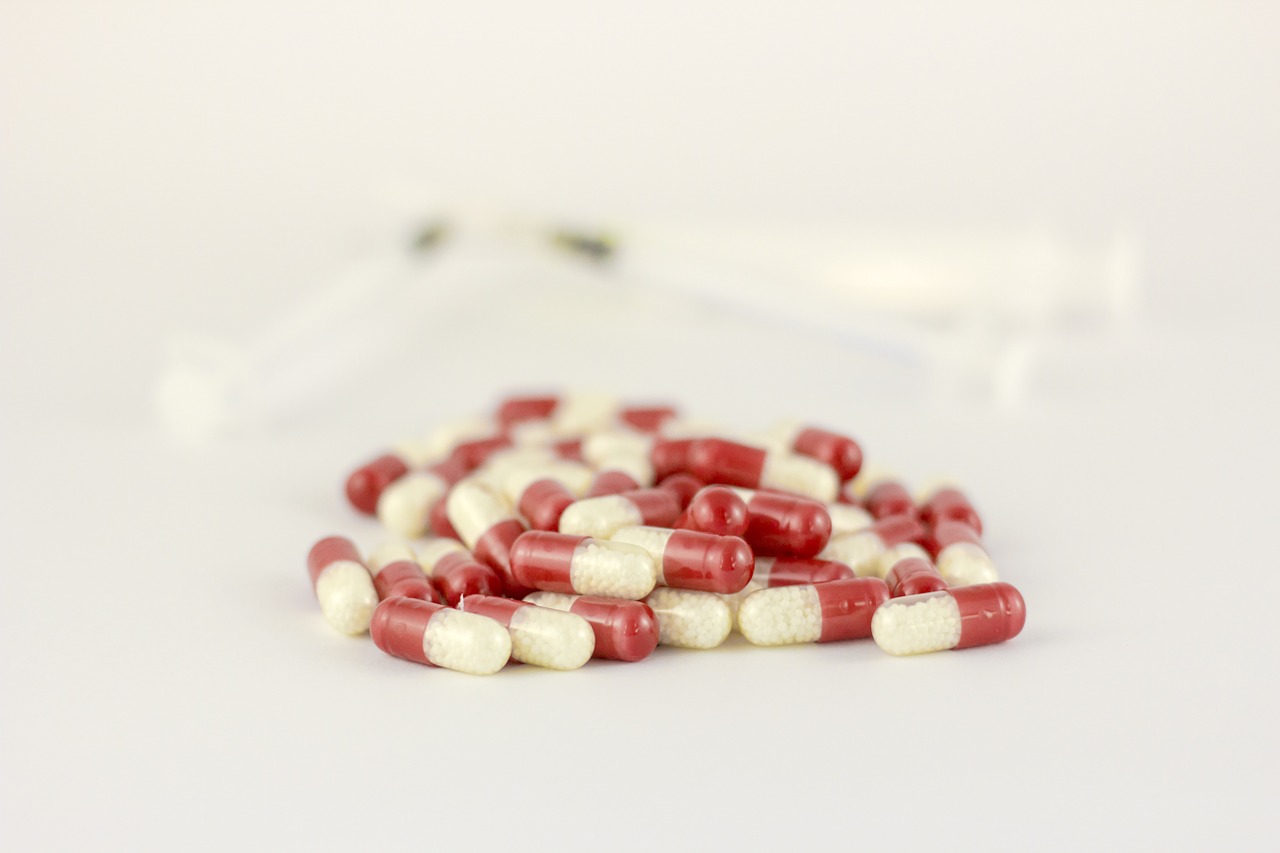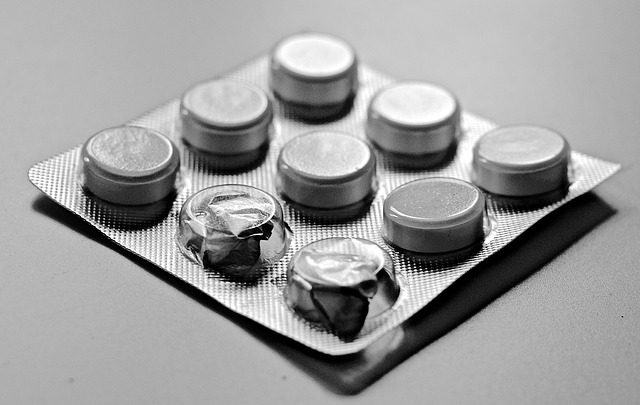Podcast: Play in new window | Download (Duration: 11:30 — 10.5MB) | Embed
Cabergoline is a dopamine agonist. I discuss the pharmacology, adverse effects, and drug interactions in this podcast episode.
Be on the lookout for drugs that could oppose the effects of cabergoline such as antipsychotics and metoclopramide.
Cabergoline can be used for hyperprolactinemia management and may cause adverse effects like hypotension and GI upset.
Cabergoline has a very long half-life so it is most often only dosed 1-2 times per week.
Be sure to check out our free Top 200 study guide – a 31 page PDF that is yours for FREE!
Support The Podcast and Check Out These Amazing Resources!
Meded101 Guide to Nursing Pharmacology (Amazon Highly Rated)
Guide to Drug Food Interactions (Amazon Best Seller)


